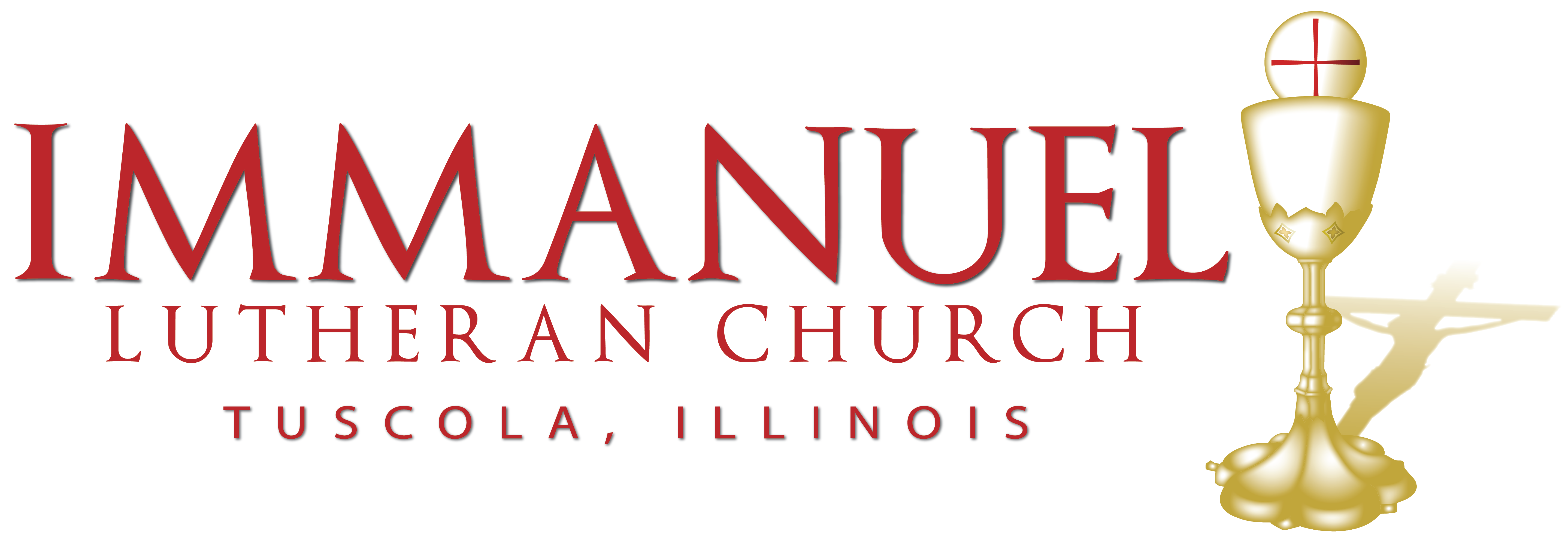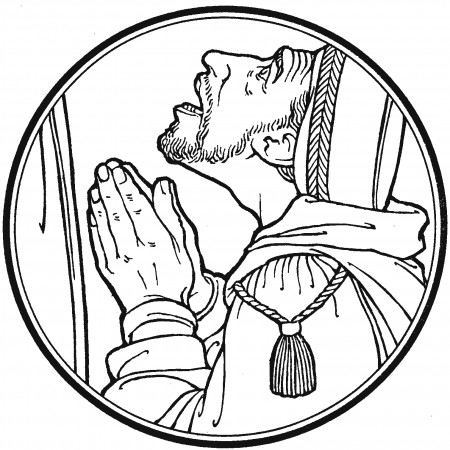The Twenty-First Sunday after Trinity
John 4:46—54
+ IN NOMINE IESU +
The nobleman is suffering. He is desperate. His son is at the point of death. So he has come the 20 miles from Capernaum to Cana, to the place where Christ changed water into wine, with the hope that Christ might change sickness to health, sadness to joy, and death to life. It is not a wrong hope, but it is slightly skewed.
We skew hope like this all the time. Our hopes, like our motives, are almost always mixed bags. We want the good that God has given but we want it by itself apart from where He gives it and without responsibility. We want the pleasure of marital intimacy but we don’t want to take out the garbage, to change diapers in the middle of the night, or to be limited to one woman. We want unity in the Church but we don’t want Church discipline and the hard work of theology in confession of sin to each other and reconciliation. We want our churches to grow, our children to stay in the faith, but we don’t want the diligence and difficult work in teaching them the faith ourselves and handing the faith on to them by prayer and devotion in the home. We want wealth and health, but we don’t want work or exercise.
What little faith the nobleman has is under attack and he doesn’t even know it. The attack isn’t the boy’s sickness, but the boy’s life. For the nobleman has taken the goodness of the boy’s life and his love for the boy and made it into an idol. It is the one thing he can’t live without. Thus does Jesus rebuke him and the crowd with him. He says “You people will not believe unless you see signs and wonders.” And in response, the nobleman shows the darkness of his heart when he exclaims, “Come do a miracle in Capernaum before my son dies,” which is to say: “Who cares if I believe, who cares about doctrine, this is an emergency. All that matters is that my child live. Come to Capernaum and save my child and I will believe anything you want.” That is a tempting heresy, the idea that emergencies exempt us from responsibility, that there are things that matter more than the Truth, but even though it seems to honor life it leads to death.
Here is the essence of the problem: the nobleman thinks that while the boy is alive there is hope, but if he dies then all hope will be lost. Idols have a way of turning on us. What the nobleman thought was good, apart from God, is not good and God in His mercy takes the boy’s life to draw the nobleman to Himself, to teach him where life really is. We can ignore God or take pleasure and life for granted. “But pain insists upon being attended to. God whispers to us in our pleasures, speaks in our conscience, but shouts in our pains: it is his megaphone to rouse a deaf world.” (C.S. Lewis, The Problem of Pain.”)
Thus Jesus says to the nobleman’s unbelief: “Go away. Your son is alive.” Our translation has this as a future, “Your son will live.” It shouldn’t. It is a present tense verb. The Lord’s statement is deliberately ambiguous. But here is the real miracle: the man believed. What did he believe? He believed that his son, whether dead and buried in Capernaum while he was in Cana or on the mend, that he was alive, that even if he died, he would live, that death is a farce, already undone in the coming of the Messiah, in the promise of God to make atonement for sinful men.
The nobleman had a change of heart, the birth and growth of faith. He didn’t believe that Jesus would perform a miracle, but rather he believed that Jesus told the Truth, that his son was alive, one way or another, in this world or the next. And that takes away the emergency panic that he was suffering and his setting aside of doctrine and faith.
Jesus tells the truth. The son is alive. And the flaming arrows of the evil one are extinguished—not just the false faith that demanded signs but also the false demand that this life is what really matters.
And this is the truth that always gets us. We live as if this life is all that really matters. The wake of destruction we leave behind in order to make this life count, to chase our dreams, to be happy and care free, to be popular and liked by peers, to attain the American dream, turns out to be more ruinous for ourselves. We make a shipwreck of our faith. Deep down, it is oftentimes not enough to us that because of Christ’s death and resurrection we have eternal salvation and life with God in the resurrection. We want more than eternity with the Holy Trinity. Eternity with the Holy Trinity is good so long as all the other things in this life are there too. We have turned life in this world into an idol. We have made this life into something not worth having unless all the other accoutrements are there as well. We have stopped speaking about the sanctity of life to speaking only of the quality of life. This is the lesson taught by Brittany Maynard. But ask the Veterans, the Prisoners of War, the wounded warriors what comforted them, what got them through the difficult times? Ask those married for fifty plus years, or those who lost children and spouses what got and gets them through. It isn’t the lie that this life is all that matters, that what you are, what you do, and what you have here is all that counts. No, it is the truth that there is a law larger than any individual, larger than any nation or people at work. It is the truth that greater love has no one than this, that he lay down his life for his friends.
And yet Christ did this not just for His friends but also for His enemies, for sinners, for us.
What good is this when we suffer here in this life? It is all the good we need. And if we can’t acknowledge that, if we can’t believe and trust in that, then we may as well curse God and die. Because if this life is all that there is, then all of this is just a big waste of time.
But this is not all there is. Eternity awaits. And that is what really matters. Jesus tells us the truth. He speaks the truth in all its harshness to rouse us from slumber, to show us that there is far more to life than what we have in this world and in this fallen existence. He speaks the truth in all its sweetness to comfort and console, to give courage and strength. He says: Your son is alive. Your spouse lives. You are alive—not just for this life but into the next. You are alive in Christ Jesus. For you are baptized; you have died with Him and thus live in Him. You a child of the Father, Christ’s very own brother and sister, His own flesh and blood. Your sins are taken away. You are reconciled to the Father because the Son has made atonement for you. You are free because the Son has set you free. Free from the threats and punishments of the holy law of God, free to live this life in service not to yourself, to making your stamp on the world, making it count because that’s all there is, but rather to live your life in and under the who gives it here and beyond in eternity. To live in faith toward Him and fervent love toward one another. To trust His promises and His Word. To let this mind be among you, that we do nothing out of selfish ambition or conceit, but in humility count others more significant than ourselves, as Christ did for us (Phil 2:3—11).
This is not all there is. You are alive, alive in Christ, now and forever. You will be raised in glory just as Christ is. You are alive, and you will live forever. This is the truth. And it’s the only thing that matters.



0 Comments